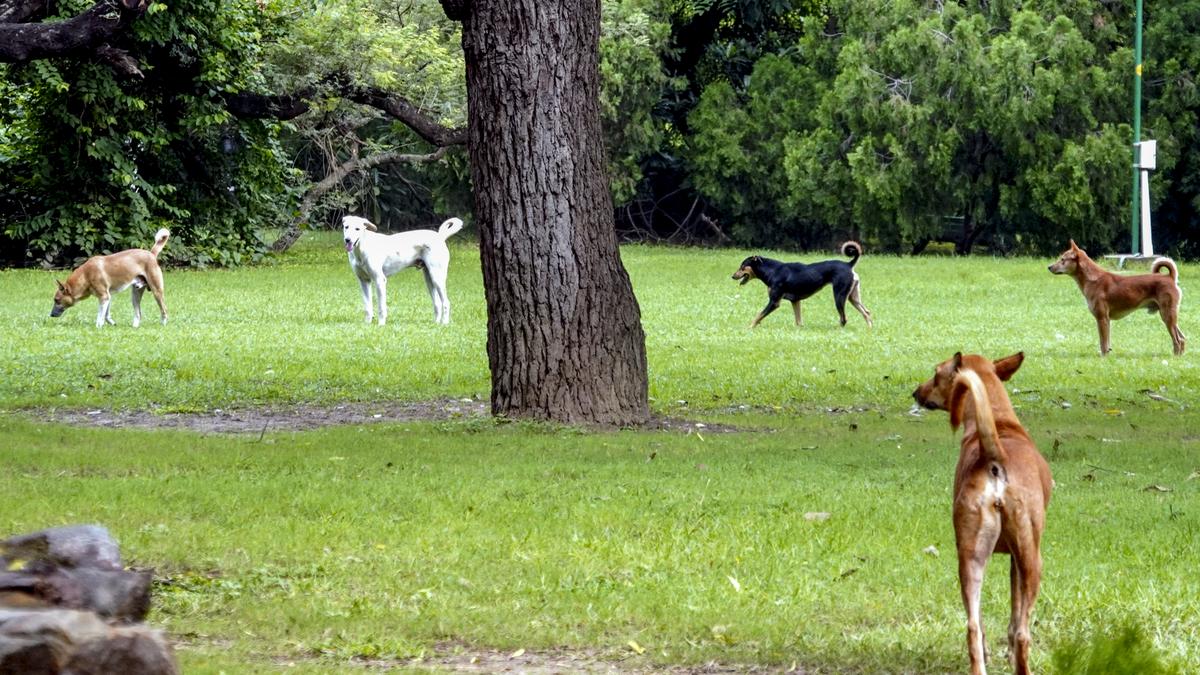As incidents of wild animals straying into farmlands and human habitations continue to rise across Kerala, the Forest department is set to overhaul its conflict management policy.
A stakeholders’ meeting held on Wednesday recommended several urgent measures, including stronger farmer participation in mitigation efforts, integrating environmental and animal psychology awareness onto school curricula, and establishing a legal framework to enhance interdepartmental coordination.
The conference, attended by experts, officials, farmers and representatives from other fields, was convened to finalise the department’s new policy approach amid growing public concern over wildlife incursions, particularly along forest fringes.
Farmer groups stressed the need for direct involvement in all decision-making bodies related to conflict management. Their representation is presently limited to Jana Jagratha Samithis. They also proposed incentives to switch to crops that are less attractive to wild animals, and called for robust protective measures such as hanging fences, trenches and bio-fencing to prevent animal entry into farms.
Species such as wild boars, elephants, bonnet macaques, leopards and peacocks were cited as common intruders. Beekeeping was suggested in areas without bear presence to serve as both an economic activity and a deterrent.
The meeting also highlighted the need for environmental education at the school level. Drawing inspiration from the Student Police Cadet programme, participants proposed training students as ‘Eco Guards’ to raise awareness about wildlife behaviour and conservation.
On the legal front, there was a strong demand to create a dedicated tribunal, similar to the Motor Accidents Claims Tribunal (MACT), to handle compensation related to human-wildlife conflict. The participants also noted the absence of laws preventing unscientific waste disposal, which often attracts wildlife to human settlements.
Unregulated development and tourism near forest boundaries came under criticism. It was suggested that resorts maintain a minimum distance from forest zones, and that all forest areas be properly preserved during digital land surveys. Unchecked tourism was identified as a contributing factor to disturbances that push wildlife into human spaces.
The use of traffic signals on roads cutting through forests was also recommended to reduce accidents involving animals.
The draft approach paper, which incorporates feasible recommendations made at the meeting, will be officially released by Chief Minister Pinarayi Vijayan at a function in Kozhikode on Sunday. He will also launch a 45-day action plan to tackle human-wildlife conflicts across the State at the programme.



.png)
.png)
.png)
















 7 hours ago
2
7 hours ago
2








 English (US) ·
English (US) ·